Immigration & Customs Enforcement (ICE) recently began sending warning notices to certain F-1 students engaged in Optional Practical Training (OPT), calling out that they have been enrolled in the OPT program for more than 90 days but have not reported any employment status.
The notices provide impacted students with 15 days to update their Student and Exchange Visitor Information System (SEVIS) record. If no action is taken, the student’s SEVIS record could then be terminated to indicate a violation of status has occurred for failure to timely report OPT employment or for exceeding the permissible period of unemployment during OPT. The notice further warns that failure to take corrective action may result in the initiation of removal proceedings.
Optional Practical Training
Optional Practical Training is an employment authorization program available to certain F-1 students and is designed to allow students to gain work experience that is related to their field of study in the United States. Pre- or post-completion OPT is available for a period of 12 months to eligible students. Students who have completed certain Science, Technology, Engineering, and Math (STEM) degree programs designated by the Department of Homeland Security (DHS) are eligible for an additional 24-month extension of their OPT (i.e., STEM OPT).
During periods of post-completion OPT, maintenance of F-1 status is dependent upon employment. As such, the OPT and STEM OPT programs each include limits as to how long F-1 students may be unemployed during their OPT period. During the 12-month post-completion OPT period, the unemployment limit is 90 days. During the STEM OPT period, the unemployment limit is 150 days, including any unemployment time accrued during the post-completion OPT year. Both unemployment limits are calculated in the aggregate.
Enforcement Background
During the first Trump Administration, the Student and Exchange Visitor Program (SEVP) took several actions to notify designated school officials (DSOs) and F-1 students of the potential for enforcement related to OPT unemployment limits, including a 2020 letter to students that was nearly identical to the recent May 2025 notifications.
The current notifications to F-1 students regarding potential reporting or unemployment violations of OPT also come on the heels of widespread SEVIS terminations earlier this year, many of which were successfully challenged in court – resulting in the restoration of impacted SEVIS records. Following these actions, SEVP has signaled its intention to focus on SEVIS terminations, asserting that SEVP can terminate SEVIS records where there is evidence of failure to comply with the terms of nonimmigrant status or due to a Department of State visa revocation.
What Action Should Impacted Students Take?
F-1 students, including those engaged in OPT or STEM OPT, should work carefully with their DSO to ensure compliance with all F-1 program requirements. Students in receipt of a notification indicating a potential violation of employment reporting or unemployment limits should take prompt corrective action where possible to protect against further enforcement actions by ICE. Students should also work closely with their DSOs and international offices to remain up to date regarding additional developments that may impact F-1 status and OPT.

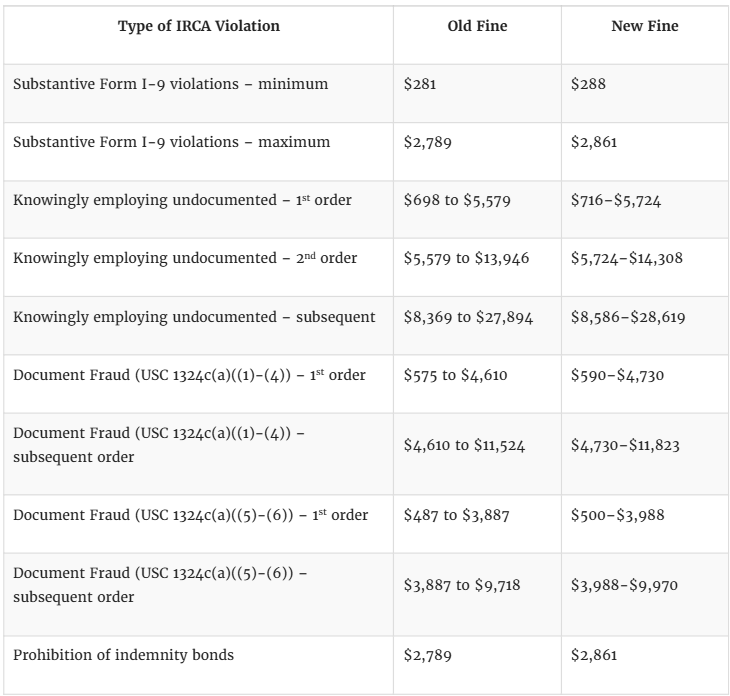


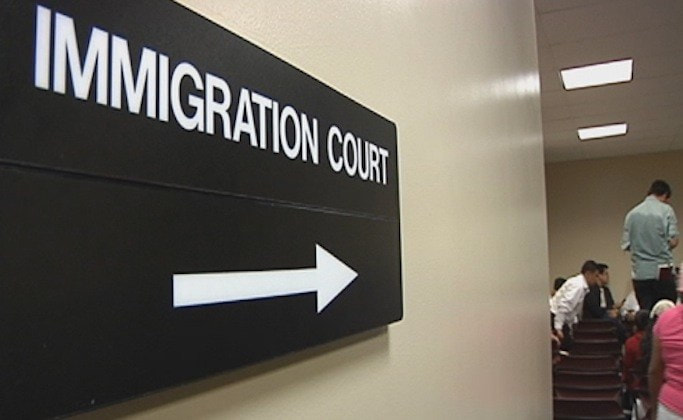


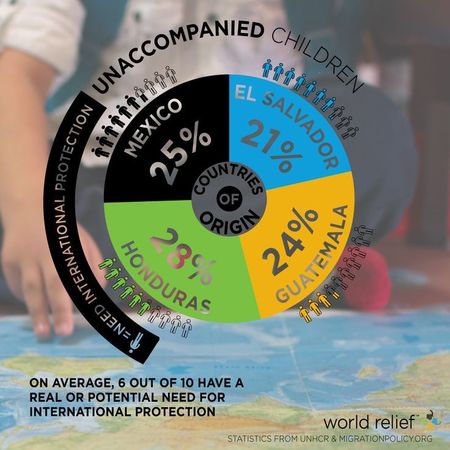
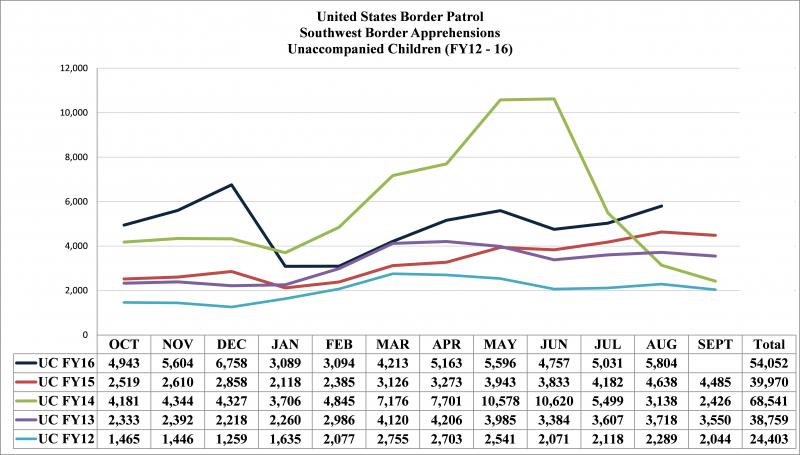
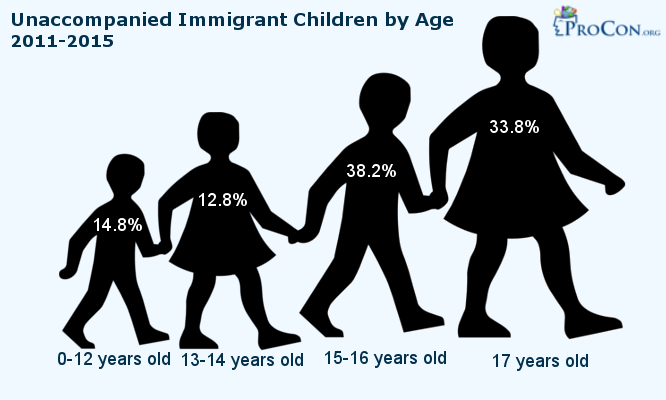
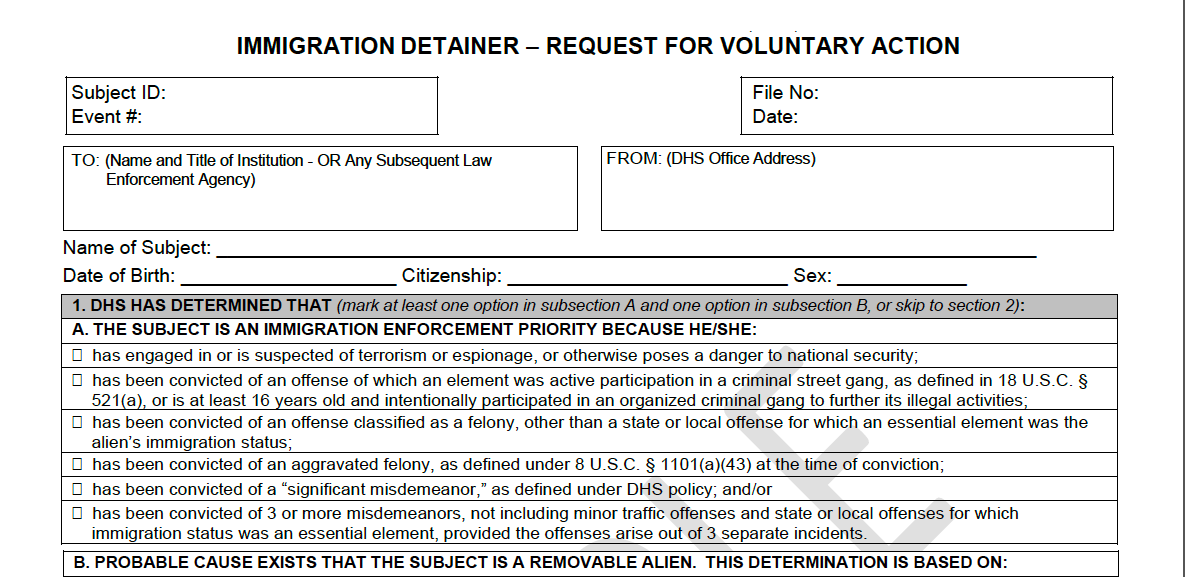



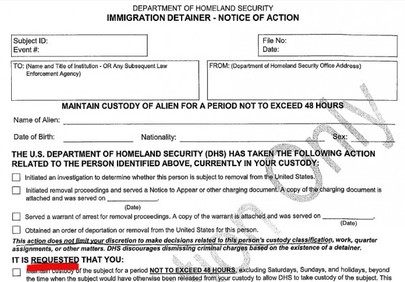

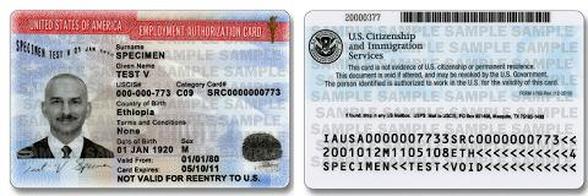

 RSS Feed
RSS Feed